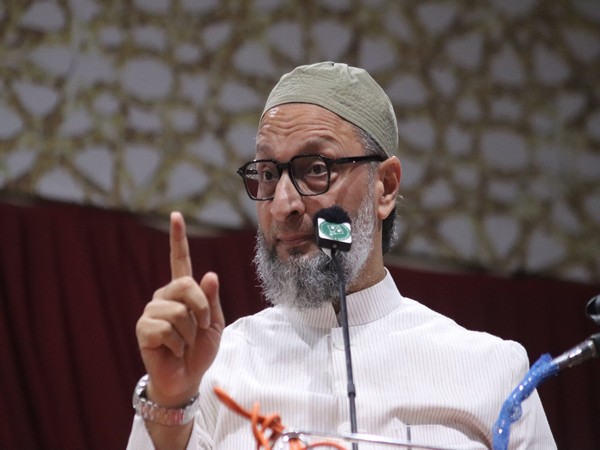Political Leaders Divided Over 'One Nation, One Election' Proposal
AIMIM Chief Asaduddin Owaisi and Congress leaders oppose the 'One Nation, One Election' proposal, citing threats to federalism and democracy. The Union Cabinet has approved the proposal, which aims to hold simultaneous elections to reduce administrative burden and increase policy stability.

- Country:
- India
Chief of All India Majlis-e-Ittehadul Muslimeen (AIMIM), Asaduddin Owaisi, has opposed the 'One Nation, One Election' proposal, arguing that it undermines federalism and compromises democracy, essential components of the Constitution. Congress president Mallikarjun Kharge also expressed dissent, calling the proposal impractical and a pre-election gimmick.
Owaisi took to social media to voice his disapproval, characterizing the proposal as a 'solution in search of a problem' beneficial only to Prime Minister Narendra Modi and Home Minister Amit Shah. He emphasized that frequent elections ensure democratic accountability, contrasting the proposal's intent.
Congress leaders including Supriya Shrinate and Rajasthan Congress President Govind Singh Dotasra echoed similar concerns, suggesting the proposal is an attempt to divert public attention from governmental shortcomings. Union Minister Ashwini Vaishnaw, however, stated that the Union Cabinet has unanimously approved the proposal based on recommendations from a high-level committee led by former President Ram Nath Kovind.
According to Vaishnaw, the proposal will be implemented in two phases and aims to facilitate greater voter turnout and policy stability. The Kovind-led committee reported that frequent elections result in policy uncertainty and adverse economic impacts, advocating for simultaneous elections to mitigate these issues.
The proposal, comprising a comprehensive 18,626-page report, will be tabled in Parliament and requires clearance from both houses before becoming law. Vaishnaw emphasized that many political parties have shown support for the initiative in high-level meetings, underscoring its potential to strengthen national democratic practices.
(With inputs from agencies.)










